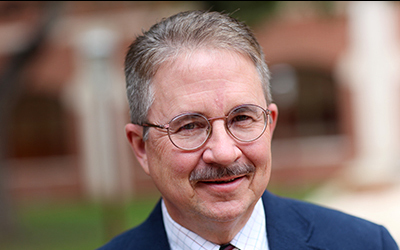3 debates surrounding the crucifixion
3. The Father "turned his face away" when Jesus was on the cross
Another thing some have come to believe is that while Jesus was on the cross the Father "turned his face away." When a sinless Jesus took the sin of the world upon Himself, God the Father, watching from above, looked away from His Son.
Meanwhile, Scripture never specifically asserts that the Father did so, though some have inferred it.
This line "the Father turned his face away" appears in a relatively recent hymn by Stuart Townend, "How Deep the Father's Love for Us," a beloved song sung in many evangelical churches.

The hymn appears to be influenced by German theologian Jürgen Moltmann, whose work The Crucified God argues that the vital moment of Jesus’ saving work was where He was literally abandoned by God the Father at Calvary, Baptist theologian and professor at Truett Theological Seminary of Baylor University Roger Olson noted in a June 5 blog post on the subject.
The German theologian also maintained that the Father suffered the death of Jesus but in a different way than the Son; nevertheless, many accused him of “tritheism” for suggesting a split within the Trinity.
Meanwhile, some argue that Jesus' feeling of abandonment was more subjective and that God the Father was with Jesus the entire time, Olson noted.
Olson maintained that "it’s impossible to prove one way or another whether 'the Father turned his face away' and abandoned Jesus as he was dying on the cross."
Personally, Olson has "no qualm about believing that as Jesus was dying on the cross for our sins 'the Father turned his face away' and Jesus was actually abandoned by God for a time in order to fully identify with us in our sinful condition and take on himself the penalty for sin in our place."
"Of course, I would want to emphasize immediately and also the Father’s pain and suffering (as Moltmann does in The Crucified God) in abandoning the Son," Olson added.
"Is this tritheism? Well, no more so than believing that in the incarnation the Son of God limited himself, divesting himself of the use of his divine attributes of power and glory ('kenosis'), in order to live a truly human life among us."




























